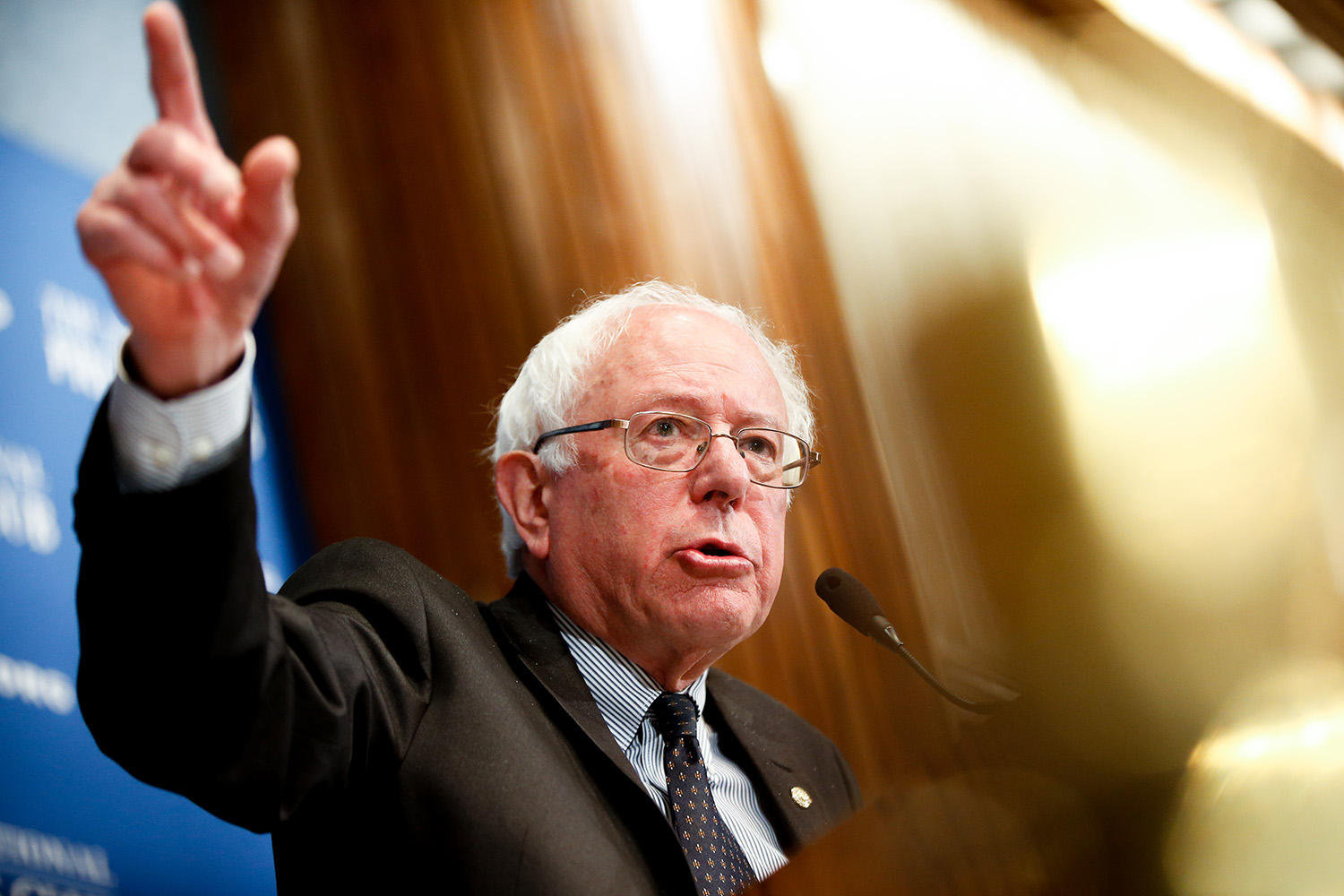 |
| Donald Trump appears angry. |
Sorry, but two articles on the Op-Ed pages of the NYTimes caught my attention today, and they're both written not to clarify as is their (possible) intention but to lend themselves to good use in a journalism 101 class.
The first is from David Brooks, one of my favorite practitioners of cheap rhetorical devices, so I'm hardly surprised. To read a column of his -- like today's mostly thoughtful piece tarnished by the usual "both sides do it" memes -- is to come away with the feeling that he never should have been in the debate club: What he learned there has poisoned his mind for much of his career.
No reason to quote him here. Read it for yourself. I'll just note that he falsely equates Bernie Sander's righteous anger with the hate-filled rantings of a Ted Cruz or a Donald Trump. Sorry, Brooks, it doesn't wash.
Nor does it from Jennifer Finney Boylan in her piece about our anger-enveloped presidential campaign. Again, she reaches too far for false equivalence between the Democrats and the Republicans on their A.Q., or Anger Quotient.
She's almost right in what she says until she posits this:
In other words, it’s one thing to be angry because you don’t like one of the moderators at your debate; it’s another to be angry because you think, for instance, that the entire electoral process is rigged to benefit the wealthy. The first kind lands one in the fifth circle of hell, gurgling in the Styx. The second can be a force for good, a possible first step on the road to change.
 |
| Bernie Sanders is fired up. |
As in many cases, a decent counterargument is found in her commenters:
I'm not sure what Bernie Sanders is doing in this piece, except that it seems de rigueur for anyone who's published in the Times this election cycle to cast aspersions on him. As the author herself points out, anger is a powerful emotion that can be harnessed for good as well as ill. Bernie is doing the former in running for president in order to effect positive change, as are those of us who support his candidacy. Forgiveness without effective action to change things isn't going to get us very far.Even a cursory reading of Ms. Boylan's piece inspires such a response or another like this one:
Once again, yet another hatchet piece in the New York Times equating the Trump and Sanders campaigns. Complete with a picture of a suitably "angry" Sanders woman supporter. Soon to be followed by an editorial about how only angry women vote for Sanders, while Barnard professors and other sane, rational, thinking women vote for Hilary.This is not a perfect comment -- they could have spelled Hillary's name correctly -- but it's an apt one. There is a difference between Sanders' call for a political revolution and the Republicans' concocted litany of Obama's sins, or more often those of the two-headed beast called the Obama/Clinton administration.
You would think that on the day that a Jewish, socialist candidate wins a primary - becoming the first Jew or socialist to win a presidential primary of any sort - the Times might be able to devote one article to Sanders, his campaign, and his ideas.
Nope. All we get is the usual drum beat. Articles on Hilary's anxiety, editorials trying to dismiss the entire groundswell of support for Sanders as being reducible to a single emotion - "anger" (never mind the policy differences) - and another salvo against Trump. And Sanders' historic win? Buried. Apparently, the Times is only concerned with breaking down glass ceilings when they apply to women and African Americans, provided they are good Christians.
Perhaps, for her next essay, Professor Boylan can focus on another topic - that of equality - and think about how that concept - rather than "irrational" emotions - might be driving the massive support for the Sanders campaign.
One caveat I must offer: The debates I've watched among the Democratic candidates, especially the last with just Sanders and Clinton, have been essentially civil and substantive, but, as things heated up in New Hampshire, the Clinton camp did descend into some pretty petty charges against Sanders. It wasn't pretty, and it wasn't effective.
This has been my offering of a sub-chapter from journalism 101. Stop with the false equivalence. It typically weakens your arguments.

No comments:
Post a Comment